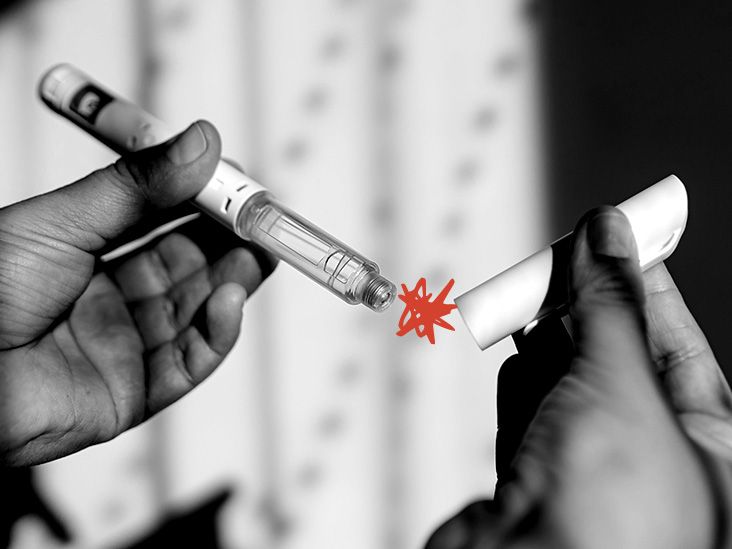Metronidazole is a medication that treats infections. Metronidazole does not cause rosacea but rather treats it. Side effects may include nausea and diarrhea.
Metronidazole targets the bacteria that cause rosacea. A
Rosacea is an inflammatory skin condition that
- facial discoloration or flushing
- rashes on the face, particularly around the nose and cheeks with pus-filled bumps
- tingling or burning of the skin
- sore, itchy eyes
- blood vessels appearing on the skin
- skin thickening, making the skin look swollen, discolored, and bulbous
Treatments can keep it under control, including:
- topical treatments, such as gels or creams that constrict blood vessels or eliminate bacteria and parasites
- oral medications such as antibiotics
- eyedrops that help with eye irritation
- laser therapy to remove excess tissue and shrink blood vessels
- surgery to remove thickened skin
Metronidazole oral tablets also have a boxed warning. This is the most serious warning from the Food and Drug Administration (FDA), indicating the effects of the medication may be dangerous. Previous studies on the medication have found it to be carcinogenic,
However, animal studies use very large doses. Although this is a warning to consider when starting a medication, it may still be an option if a healthcare professional determines the drug to be the best treatment.
A person should thoroughly discuss the most suitable rosacea treatments with their doctor.

